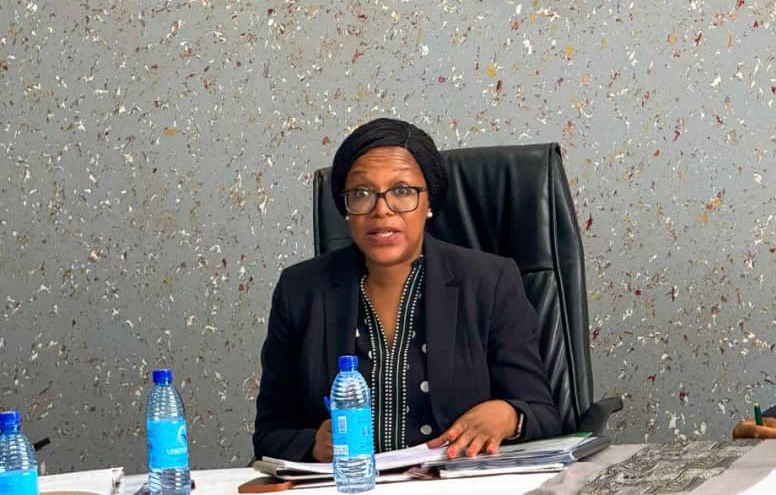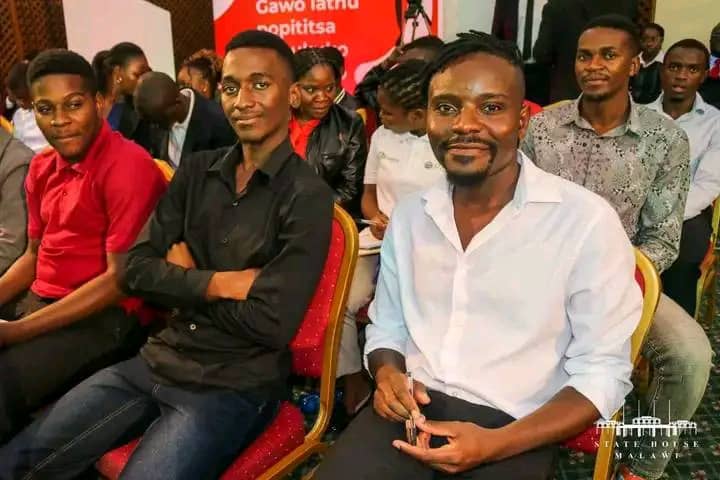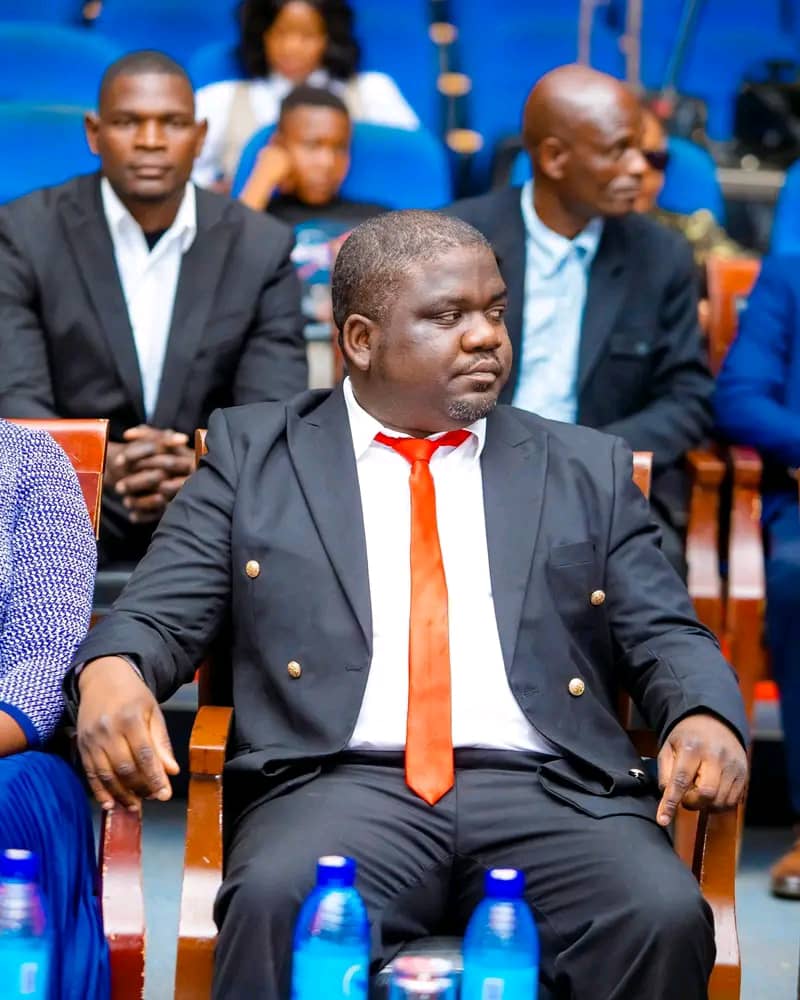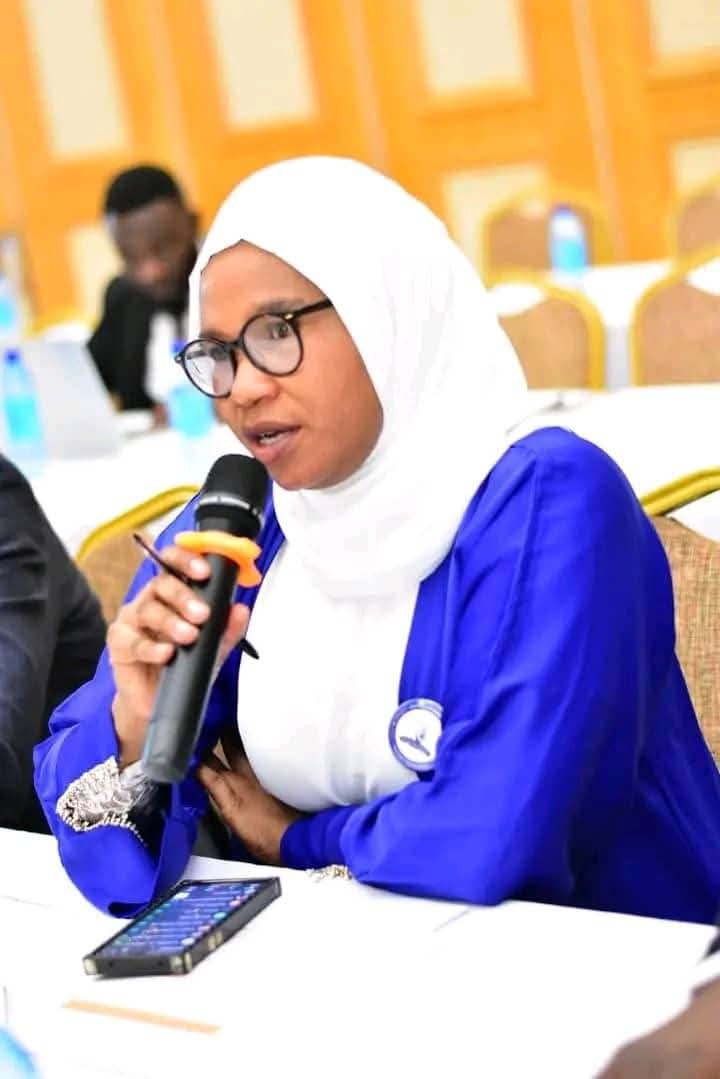By Burnett Munthali
As Malawi edges closer to the highly anticipated 2025 General Elections, the Malawi Electoral Commission (MEC) has taken a controversial step by denying civil society access to the voters’ roll.
This decision has alarmed democratic stakeholders and watchdog organizations who argue that voter roll verification is essential for transparency and electoral integrity.
The denial came in response to a formal request submitted on 2nd May 2025 by Chisankho Watch, a coalition of respected civil society groups including the Catholic Commission for Justice and Peace (CCJP), the Public Affairs Committee (PAC), mHub, and the Gender Justice Unit (GJU).
The coalition sought access to the 2025 preliminary and updated voters’ rolls, as well as the final rolls from the 2019 and 2020 elections, in an analyzable electronic format to conduct an independent Voter List Verification (VLV) exercise.
They emphasized that the data requested excluded biometric information and would only include names, gender, date of birth, voter registration numbers, national ID numbers, place of residence, and date of registration.
The coalition also committed to adhering to data protection standards and pledged to share their findings with MEC before any public release.
However, MEC rejected the request on 5th June 2025, citing Sections 20 and 21 of the Presidential, Parliamentary and Local Government Elections Act of 2023, which, in their interpretation, only permit access to the roll during the inspection period.
MEC insisted that sufficient access had already been provided through in-person verification at district offices and a mobile phone platform during the official verification period.
This stance has prompted criticism from election observers who argue that access during a limited verification window is not a substitute for comprehensive independent analysis of the voters’ roll.
Many believe that MEC’s interpretation of the law is overly restrictive and fails to reflect modern principles of democratic oversight and civic participation.
The denial raises concerns about whether MEC is committed to the spirit of transparency that characterized Malawi’s landmark 2020 Fresh Presidential Election, widely seen as a democratic success.
By keeping the voters’ roll out of reach, MEC may inadvertently be undermining confidence in the electoral process at a time when public trust is most needed.
Independent verification of the voters’ roll serves as a critical safeguard, helping to identify irregularities such as duplicate entries, deceased voters, under-registration of vulnerable groups, and ghost voters.
Such checks not only ensure the integrity of the voters’ register but also help preempt election-related disputes, which can destabilize a fragile democracy.
This development puts Malawi at odds with a growing number of African nations that are embracing openness and data access as part of electoral reforms.
In countries like Côte d’Ivoire, civil society organizations are granted full access to voter data for analysis and monitoring, reinforcing electoral credibility and citizen confidence.
MEC’s refusal stands in contrast to this progressive trend, signaling a potential retreat from democratic accountability just when vigilance is most needed.
At its core, this issue is not just about access to data—it is about the right of citizens to ensure their votes count and that the electoral process is free from manipulation.
Transparency and cooperation with civil society should not be seen as threats to authority, but as partners in strengthening democracy.
The deliberate exclusion of watchdog groups sends the wrong message at a critical political juncture, as it denies voters the assurance that their democratic rights are being protected.
With less than a year to go before the elections, this move casts a long shadow over MEC’s credibility and may ignite calls for legislative reform to open up the electoral system.
Ultimately, a credible election depends not only on how votes are cast and counted but also on how open the process is to scrutiny before, during, and after the polls.
If Malawi is to maintain its democratic gains, institutions like MEC must be held to the highest standards of transparency and public accountability.
The time to act is now—before darkness falls on what should be a clear and transparent path to the ballot box.




